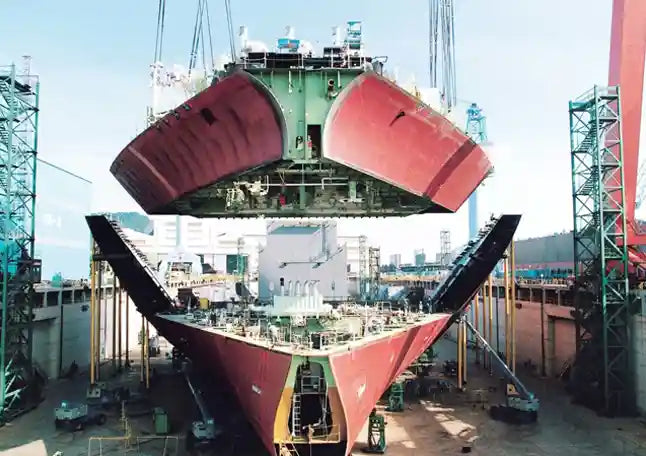Materials Used in Ship Building
Ship builders employ a diverse range of materials to construct and maintain ships, with each material serving a specific purpose to ensure seaworthiness and longevity. While the specific materials used can vary depending on the type and purpose of the vessel, Cyanoacrylates, Epoxies, Fumed Silica, and other components are integral to the ship building process.
Cyanoacrylates, or super glues, find application in ship building for their fast-drying and high-strength bonding properties. They are used to join various materials together, such as metal, plastic, or wood. In ship building, cyanoacrylates are often utilized for bonding smaller components, securing fittings and fixtures, and repairing minor damages. Their ability to create strong and reliable bonds enhances the structural integrity and overall performance of ships.
